
Navroz K Dubash
Navroz K Dubash is Visiting Senior Fellow and Chair of the Advisory Council at the Sustainable Futures Collaborative (SFC), an independent research and action group working on climate, energy and environment, and Professor of Public and International Affairs and the High Meadows Environmental Institute at Princeton University. Before this, he was a Professor at the Centre for Policy Research, an Associate Professor at Jawaharlal Nehru University, and a Senior Fellow at the World Resources Institute. Navroz has been actively engaged in global and national debates on climate change, air quality, energy and water as a researcher, policy advisor and activist for over 25 years. He helped establish the global Climate Action Network as its first international coordinator from 1990 to 1992. He has advised Indian government policymaking over the last decade as a member of advisory committees on climate change, energy, and air and water policy. He also coordinated a team that served as lead anchor institution for India’s Long-Term Low Emissions Development Strategy. Navroz was a Coordinating Lead Author for the Sixth Assessment Report of the Intergovernmental Panel on Climate Change and a Lead Author and Synthesis Report Author for the Fifth Assessment Report, serves on the steering committee for the UNEP Emissions Gap Report, and has been a member of the Scientific Advisory Group of the UN Climate Action Summit. He currently serves as Co-Editor-in-Chief of Climate Policy Journal. He is also a member of the editorial boards of Global Environmental Politics, Energy Research in Social Science, Environmental Policy and Governance, and the Journal of Environment and Development. He has written widely on climate change, energy and the environment in Indian and global media, and contributes a regular ‘Expert Voices’ column to Science. In 2015, he was conferred the T N Khoshoo Memorial Award for his work on Indian climate change policy and the international discourse on global climate governance, and in 2018, his co-authored paper on interpreting model scenarios was awarded the Emerging Nations Award by Environmental Research Letters.
Publications
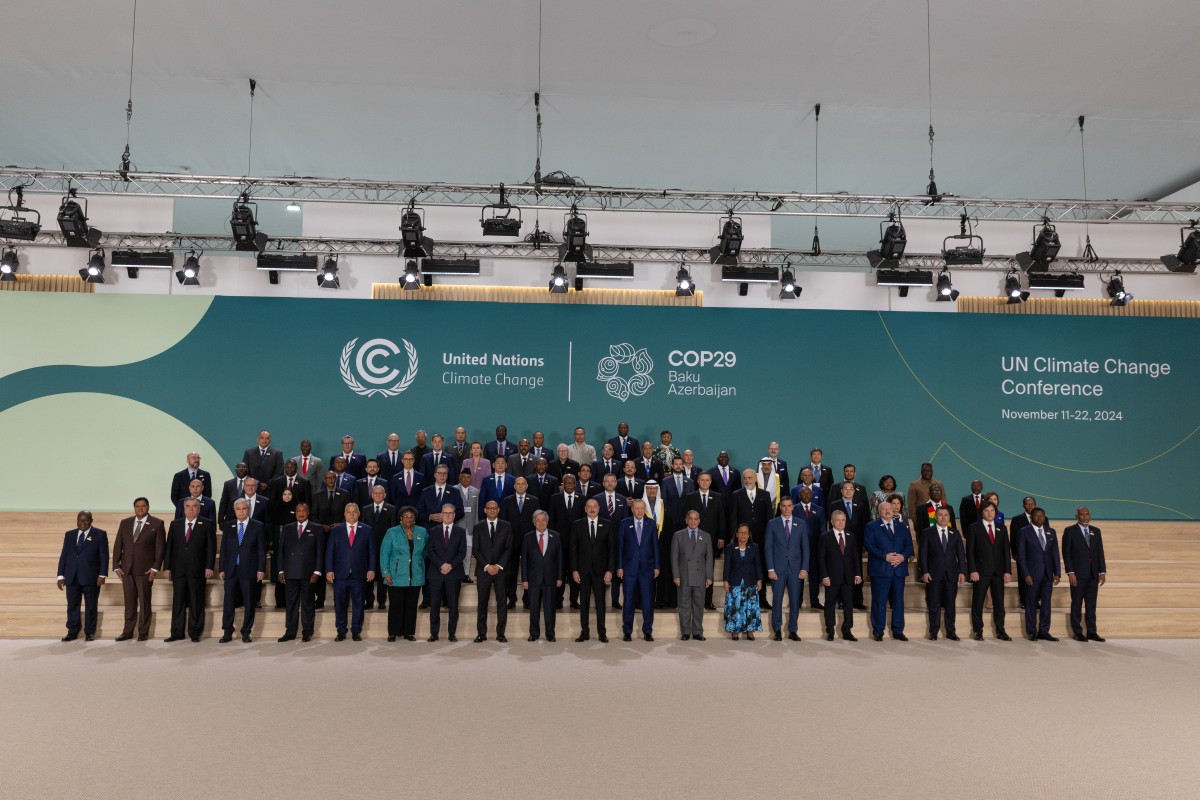

Opinions
Climate Policy
Avoiding the Climate “Ambition Trap”
Navroz K Dubash
Science Magazine | 14 November 2025
Assessing climate ambition based on what a country says, rather than what it does or is likely to do, is a problem for at least three reasons: ambition is normatively loaded and hard to compare across countries; there’s little evidence of a clear link between ambition of pledges and what countries actually do; domestic political shifts, not global cooperation, have been a more effective driver of climate action.
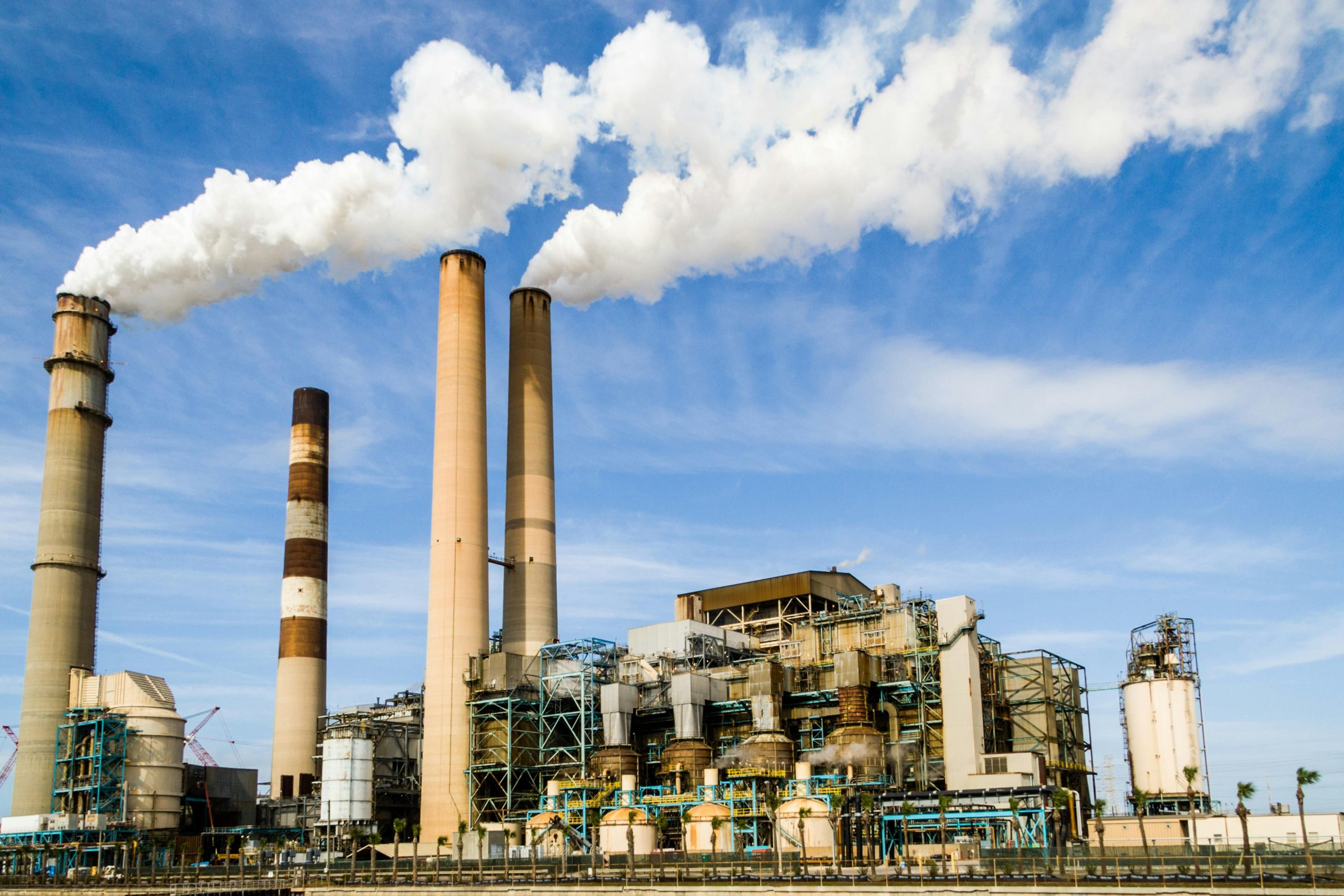

Journal articles
Climate Policy
Researching Climate Policy in Uncertain Times
Climate Policy Journal | 19 August 2025
Climate policy is now a more multi-stranded and complex area of inquiry than ever before. In these uncertain times for climate action and climate cooperation, attention to broader questions is necessary to deepen understanding and work toward a truly effective response to climate change. What sorts of questions and analysis might be of continued, and even enhanced, relevance for analysis in Climate Policy?
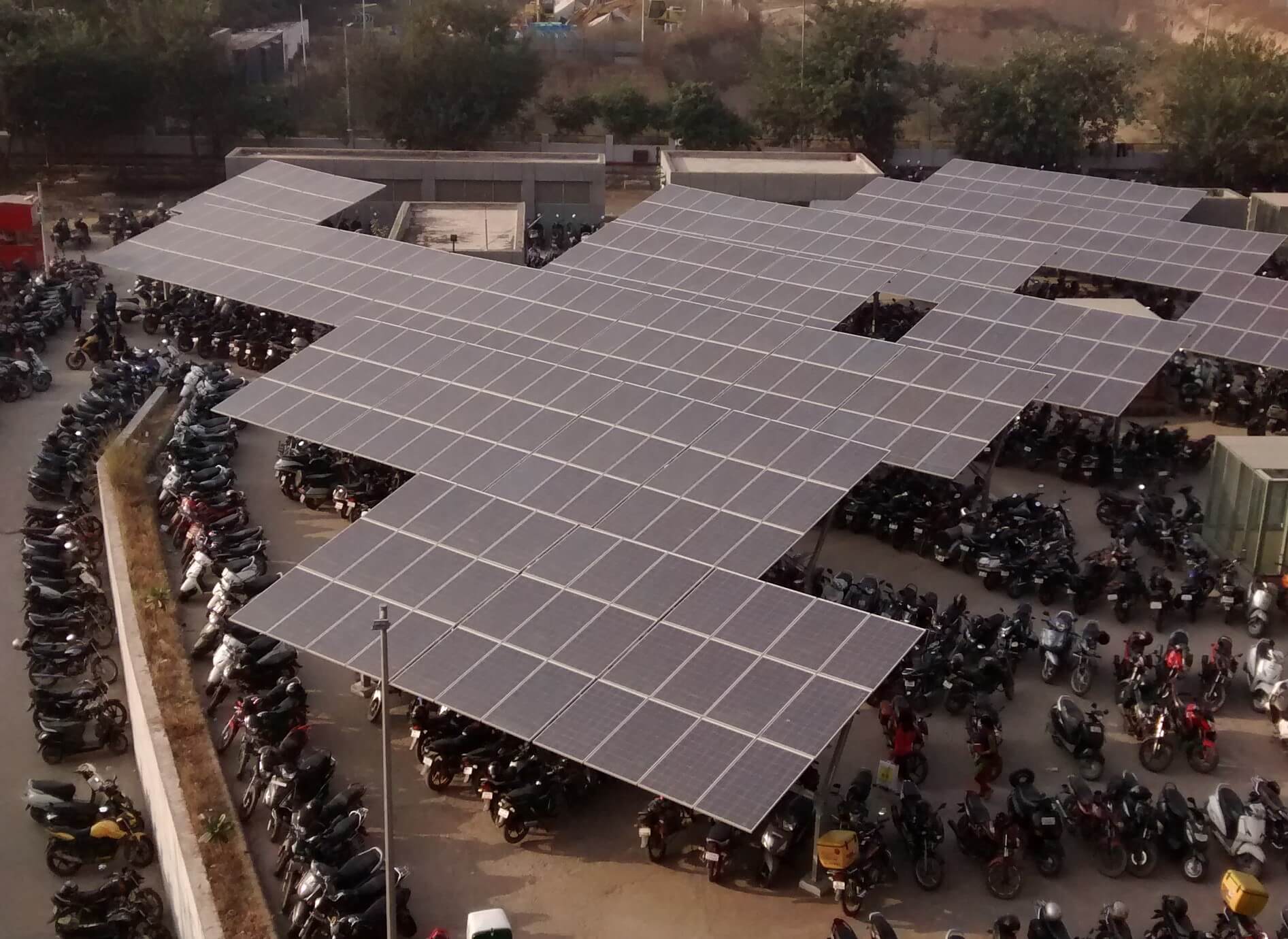

Opinions
Climate Policy
The Climate Challenge as a Development Opportunity
Navroz K Dubash
Project Syndicate | 30 May 2025
Even if policymakers in developing countries see little value in pursuing large emissions reductions at the pace that climate advocates would like, climate-aligned development is still the best path forward. The key, both politically and economically, is to reframe the issue.


Opinions
Adaptation and Resilience
Why action on extreme heat in Indian cities is falling short
Aditya Valiathan Pillai, Tamanna Dalal, Ishan Kukreti et al
Carbon Brief | 19 March 2025
Adapting to increasing extreme heat will be central to urban living for decades to come. A late start to these efforts will increase pressure on the state in the future and risks exposing citizens to harms from warming that could be avoided.
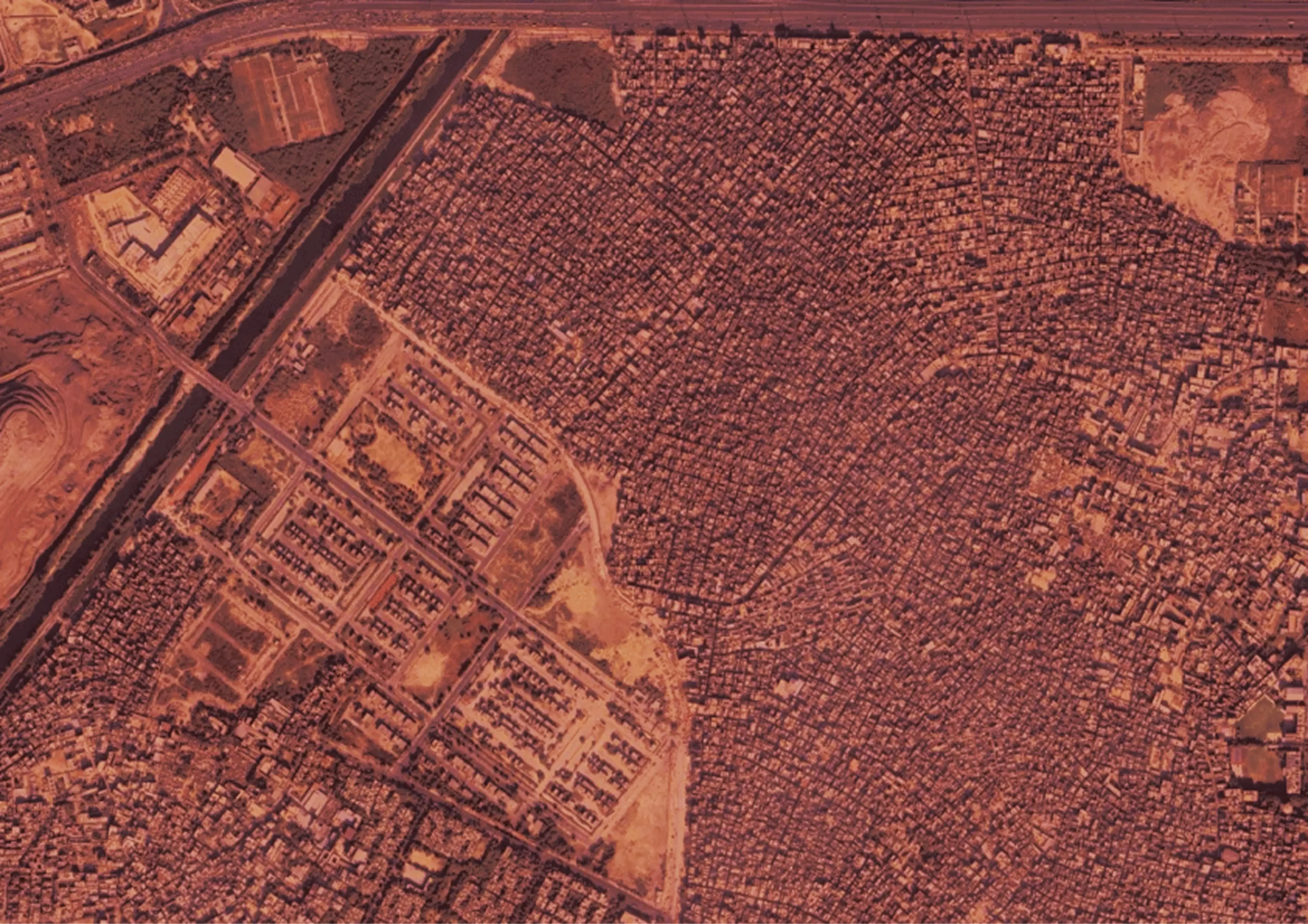

Reports
Adaptation and Resilience
Is India Ready for a Warming World? How Heat Resilience Measures Are Being Implemented for 11% of India’s Urban Population in Some of Its Most At-Risk Cities
Aditya Valiathan Pillai, Tamanna Dalal, et al.
19 March 2025
This report assesses India’s readiness for the extreme heat of a +1.5 degree world. It examines the implementation of extreme heat policies in 9 major Indian cities — Bengaluru, Delhi, Faridabad, Gwalior, Kota, Ludhiana, Meerut, Mumbai, and Surat — which are among the most at risk from future heat (as per our climate models), collectively covering over 11% of India’s urban population. This is the first systematic multi-city analysis of heat action implementation in India.
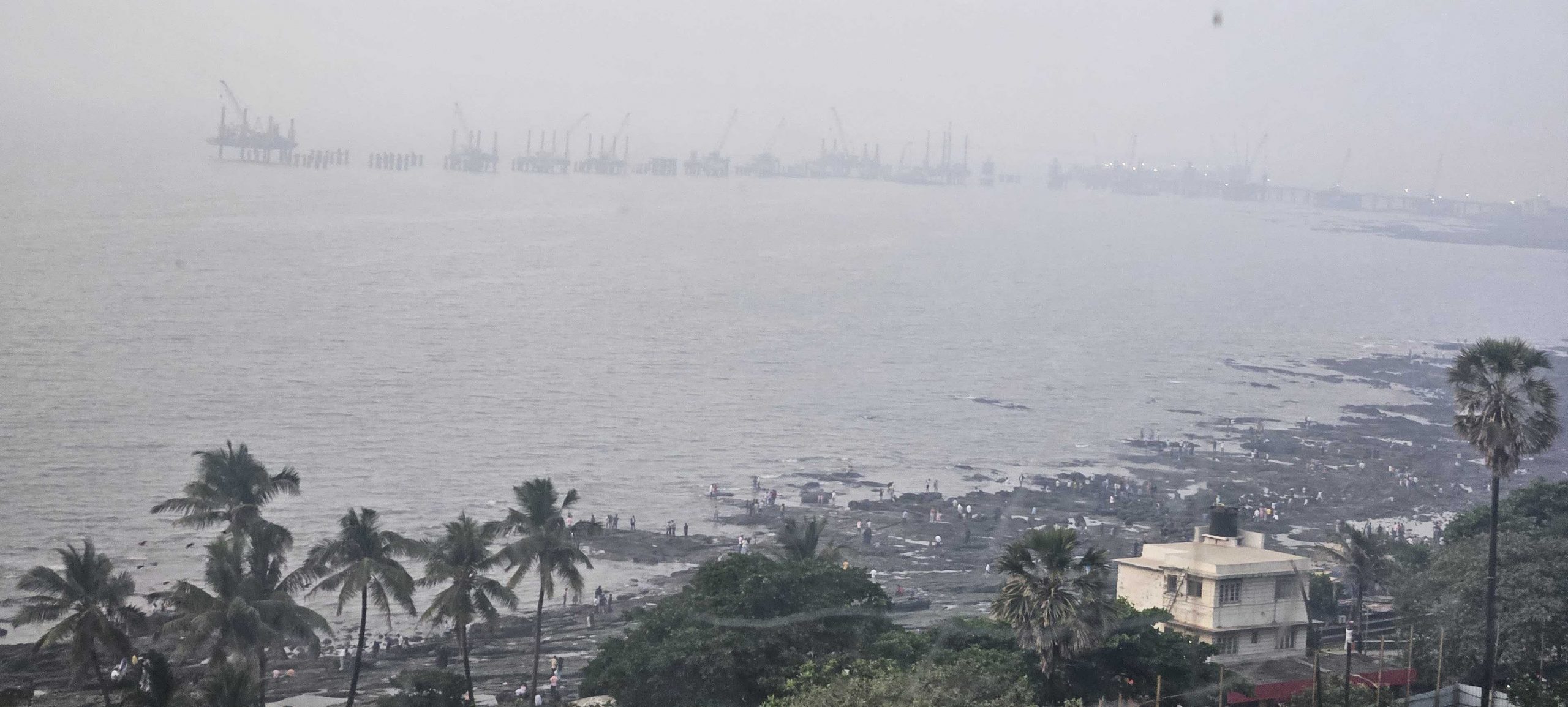

Journal articles
Climate Policy
Domesticating Climate Change: The Evolution of Indian Climate Politics and Policy
Navroz K Dubash
Economic & Political Weekly | 11 January 2025
Climate change considerations are increasingly being internalised, or domesticated in India's development decision-making. The paper examines how political narratives linking climate change and development have emerged over the past decade, explores top-down approaches to climate policy, discusses key sectoral shifts and economy-wide approaches, and ends with a discussion of what mainstreaming climate change may mean for the Indian state. It argues for taking seriously the linkage between climate change and development, but in a way that engages with their complex linkages. The article is part of the EPW's special issue 'Review of Environment and Development' edited by Sharachchandra Lele and Geetanjoy Sahu.
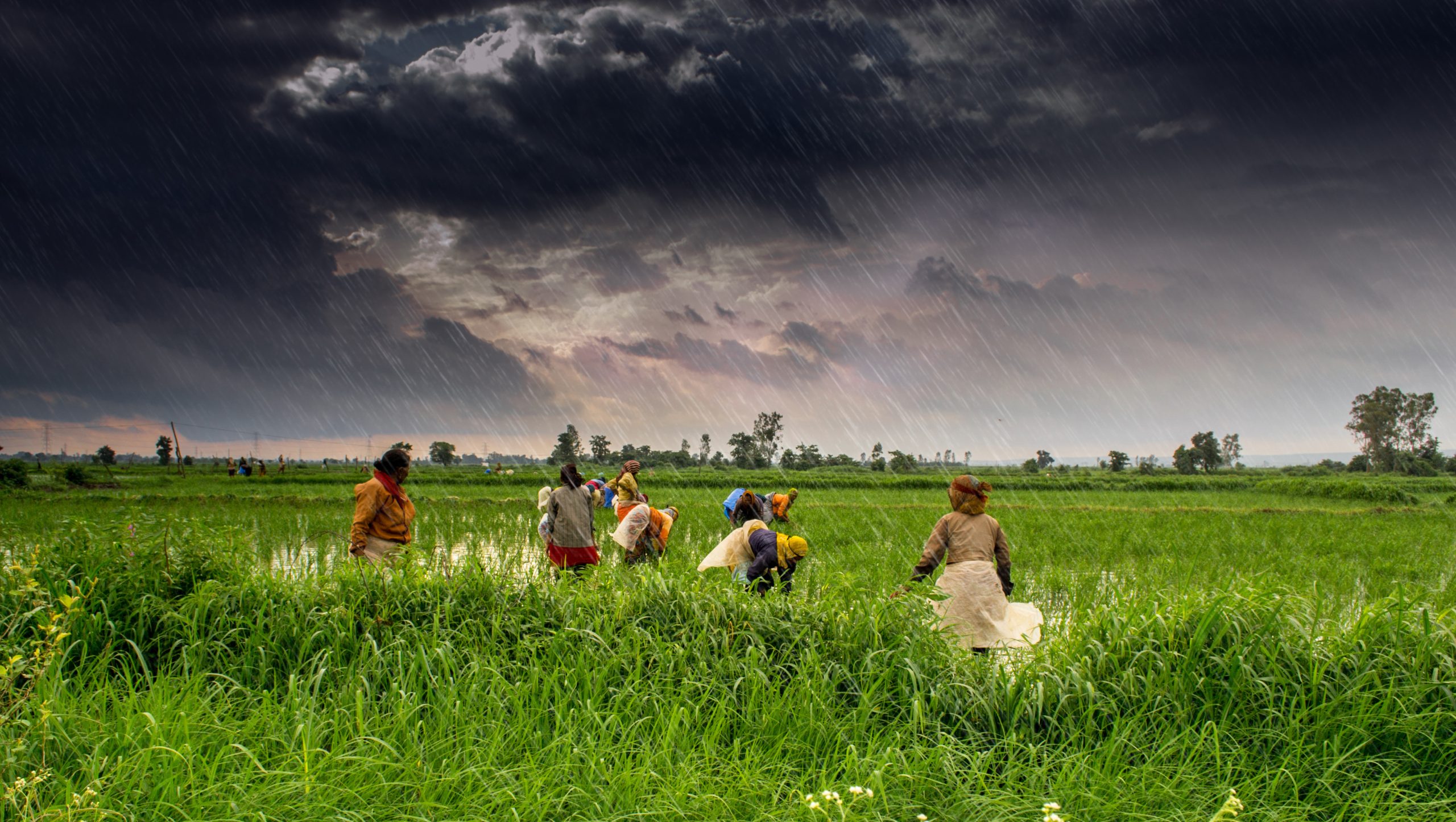

Opinions
Adaptation and Resilience
Climate Policy
Energy Transitions
Now for a green Bharat abhiyaan
Navroz K Dubash
India Today | 7 January 2025
Navroz K Dubash, writing on climate change in India Today's 'India @ 2025' special issue, argues for keeping the pressure on developed countries for emissions reductions and finance but also suggests three key domestic priorities for India: Enhance climate resilience in cities/coasts, and plan for adaptation, e.g, in agriculture and water; Build a low carbon economy that creates jobs; Reform governance structures and the legal framework to address climate governance challenges.


Opinions
Climate Policy
Climate and development: What opportunities, what threats?
Navroz K Dubash
ODI's Development Policy Review | 20 September 2024
While it may be in the interests of developing countries to do development differently for climate reasons, the technological fact of falling renewable energy prices by no means imply a post-equity climate politics. But with weak prospects for a grand global bargain around climate and development, we may be in for messy country-by-country approaches to low-carbon development transitions.


Opinions
Climate Policy
Towards Operationalising a New Climate Right for India: Unpacking the Ranjitsinh Judgment
Navroz K Dubash and Shibani Ghosh
The India Forum | 19 September 2024
The Ranjitsinh ruling of the Supreme Court is potentially far-reaching but its limited view of action on climate change risks causing an inadequate framing of policy. It is legislation that is built on a bottom-up approach that can act on the Court’s calls for balance across multiple objectives.





 CV
CV